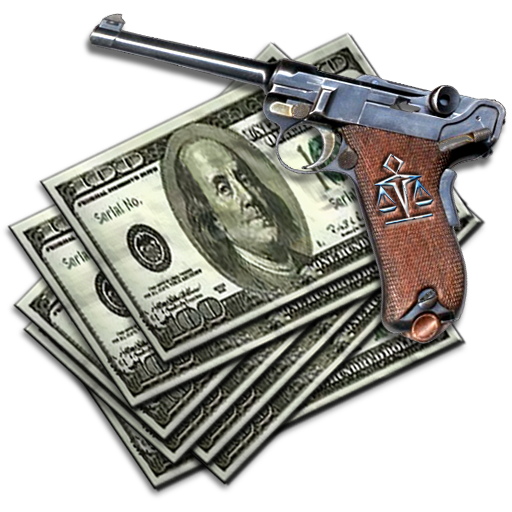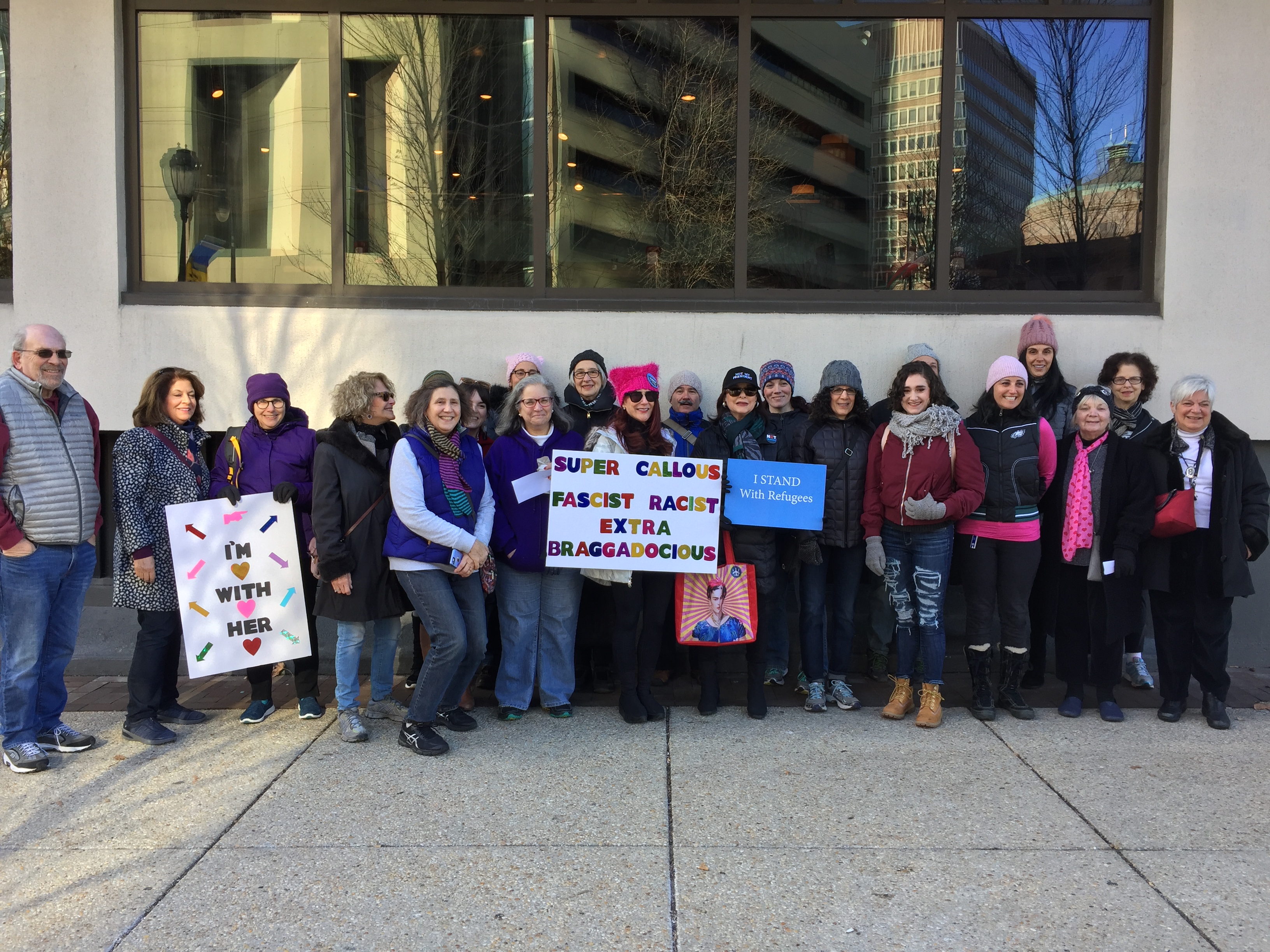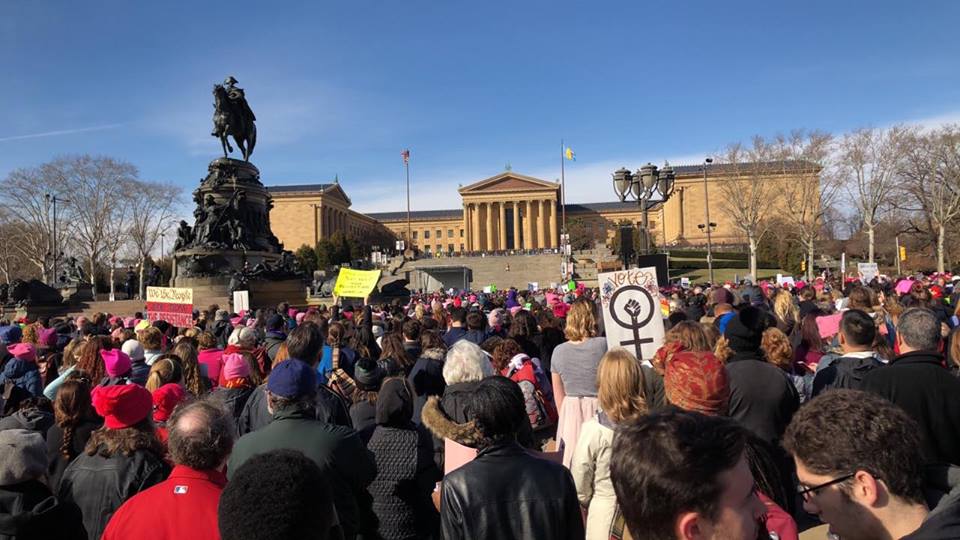In an intimate scene in parashat Ki Tisa, God says to Moses: “I will make all my goodness pass before you, and the grace that I grant and the compassion that I show; but you cannot see my face… See there is a place near Me. Station yourself on the rock. And as my Presence passes by, I will put you in a cleft of the rock and shield you with My hand, until I have passed by. Then I will take my hand away and you will see my back; but My face will not be seen.” When we witness divinity, we see God’s back, but not God’s face. We do not see everything. Only part of the picture.
Last shabbat, I shared with you my heartbreak over the tragic news of the mass school shooting at Marjory Stoneman Douglas High School, in Parkland, Florida; and I also shared with you the inspiration in the teen-agers activism since. I continue to think of them as I hear from my rabbinic colleagues in Florida, who have been burying the Jewish teens, who are among the slaughtered.
With those students ever still in my heart, I think this Shabbat’s Torah portion points to another angle, in the complex issues around gun violence in our nation. From the cleft of the rock, what am I not seeing? What do I need to acknowledge is there, even if it is not in full view?
A day or 2 after the tragic news of the school shooting, I watched the feature on the morning news. Devastating stories of 17 deaths, teen-agers hiding in closets, teachers heroically shielding their students, and bereavement counseling taking place as the survivors went to therapy, instead of to class.
And then, after this feature, the local news moved on to the next story. It briefly told the story of two shootings in our city, in poor neighborhoods, not far from my home, or from our congregation. I don’t think they devoted even a minute to each of the local shootings. And then they helped me, the viewer, turn away, and barely see the gun violence in our city. Barely even acknowledge the everyday, from my limited perspective.
Teen Vogue clearly makes the point in an article called “Black Teens Have Been Fighting For Gun Reform for Years.” Their voices have not attracted the same media and popular attention. So, in understanding who is hurt by gun violence, let’s focus our attention with a different perspective.
Let’s take another look, now, to understand: mass shootings are the minority of gun deaths. On an average day, 96 Americans are killed with guns. Who are they? 50 are women, shot to death each month by intimate partners. Black men are 13 times more likely than white men to be killed by a gun. 62% of firearm deaths in the US are suicides.
So usually, based on the story that isn’t told– the gun picture we don’t see– the people who may feel less cared for in our society, are African Americans, victims of domestic violence, victims of suicide.
Something of our position in the cleft of the rock may continue to conceal– we might not be able to see the whole picture– but we can start to acknowledge that there is something else to see. Surely our embrace is large enough for all kinds of gun violence victims.
And in our heartbreak over the firearms, a fire is growing in our nation and in our community– a fire that burns for social justice. Our tradition teaches “Lo alecha hamlicha ligmor, v’lo ata ben chorim l’hibatel mimema: You are not expected to complete the task; but you cannot give up on it either.” Yet, advocacy for public policy can be discouraging. So, in understanding how we act for gun reform, let’s focus our attention with a different perspective, on an additional possible action to take.
A rabbinic colleague of mine, Rabbi Joel Mosbacher, who is at the forefront of gun reform leadership, has partnered with multi-faith clergy and organizers to form a campaign called Do Not Stand Idly By. Rabbi Mosbacher has become as expert in this work ever since tragically, his own father was killed by gunshot wound as his place of work. Named for the Torah passage, “Do not stand idly by while your neighbor bleeds,” this campaign focuses not on legislative action, but on purchasing power as a path to gun safety. The economic-focused strategy, relies on a research-based understanding of the gun market and crime.
Here is the interesting number at the foundation of their work: 60% of the guns turning up at crime scenes, are traced to 1% of gun stores. Through their business relationships, gun manufacturers could help control the worst of the gun dealers. Why would they? Here’s the other key statistic: 40% of the business that gun manufacturers do– is with our cities’ police forces and the military. Our tax dollars are 40% of gun manufacturers’ business. The Do Not Stand Idly By campaign says: let’s leverage that power.
The campaign seeks to engage mayors and police chiefs, to agree to send to their gun vendors a Request for Information, so manufacturers can demonstrate how they set standards with their dealers, and in the worse cases, sever ties with crime gun stores.
123 cities across the nation have signed on, to engage their gun manufacturers in leveraging against crime gun stores. In Pennsylvania, Pittsburgh and Easton have signed on. If you would like to help us join with other faiths and bring the Do Not Stand Idly By campaign to Philadelphia, please email me.
I believe it is time to think differently, to add to the ways we can have an impact for gun reform… To hold many kinds of victims of gun violence in our compassionate embrace, and to have different kinds of advocacy in our work. Something of our position in the cleft in the rock may continue to conceal– we might not be able to see the whole picture– but we can start to acknowledge that there is something else to see. Perhaps, even something else to do.
Even though we cannot see the divine face, God says: “I will make all my goodness pass before you, and the grace that I grant and the compassion that I show.”
As we look more closely, may we witness God’s grace and God’s compassion. And may it inspire grace and compassion in us all.
(delivered Shabbat March 2, 2018)

 In an intimate scene in parashat Ki Tisa, God says to Moses: “I will make all my goodness pass before you, and the grace that I grant and the compassion that I show; but you cannot see my face… See there is a place near Me. Station yourself on the rock. And as my Presence passes by, I will put you in a cleft of the rock and shield you with My hand, until I have passed by. Then I will take my hand away and you will see my back; but My face will not be seen.” When we witness divinity, we see God’s back, but not God’s face. We do not see everything. Only part of the picture.
In an intimate scene in parashat Ki Tisa, God says to Moses: “I will make all my goodness pass before you, and the grace that I grant and the compassion that I show; but you cannot see my face… See there is a place near Me. Station yourself on the rock. And as my Presence passes by, I will put you in a cleft of the rock and shield you with My hand, until I have passed by. Then I will take my hand away and you will see my back; but My face will not be seen.” When we witness divinity, we see God’s back, but not God’s face. We do not see everything. Only part of the picture.
